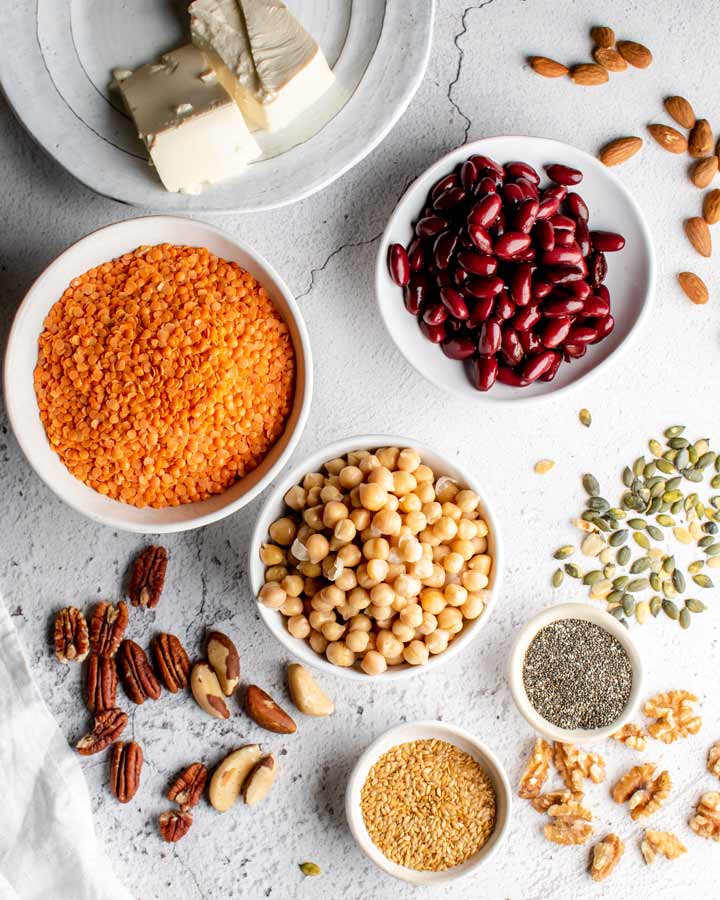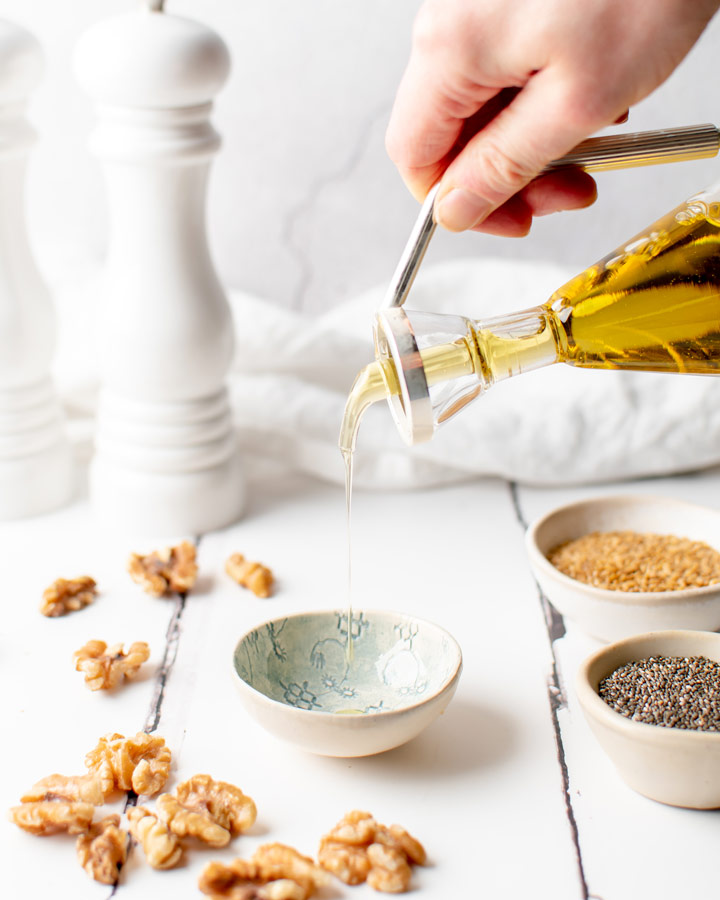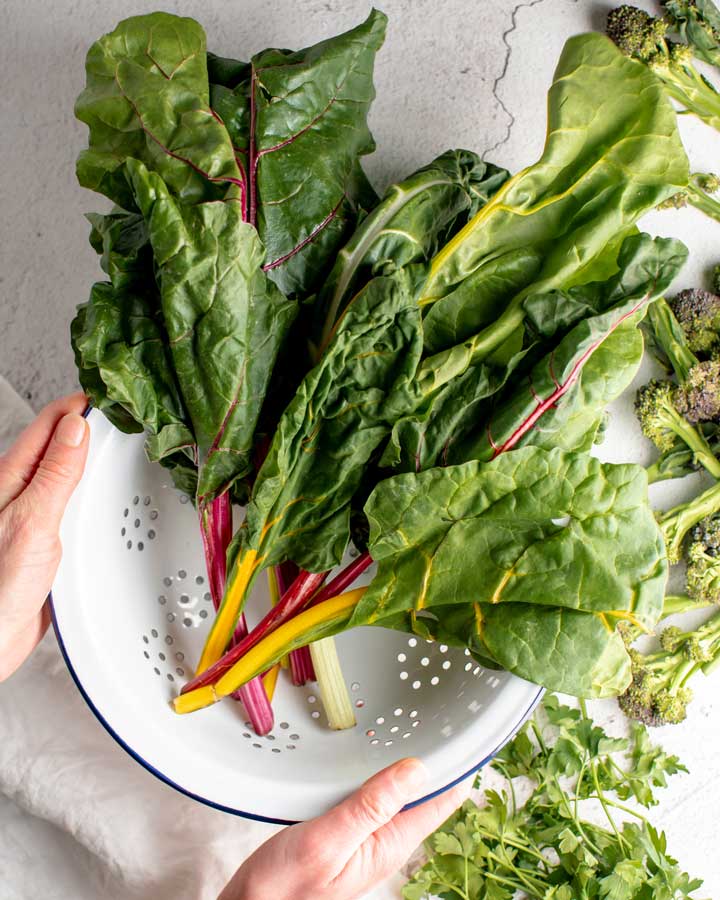If you’ve decided to take the plunge and try out a vegan diet this January, some expert nutrition advice can help to ensure you maximise your nutrient intake throughout.
Here are 5 nutrition tips to consider during Veganuary…
1. Take time to enjoy a carefully planned vegan diet
Veganuary is a time to embrace the power of plant-based foods which may lower our intake of saturated fats whilst boosting our intake of health-promoting fibre, vitamins, minerals and antioxidants. However, when embarking on Veganuary, a carefully planned diet is still important to not fall short of nutrients such as iron, calcium, vitamin B12, iron, iodine, and omega-3 fats.
2. Consume a variety of vegan protein sources throughout the day
Did you know that building blocks of protein are called amino acids and our body requires a certain number of these to sustain health? Whilst animal protein provides all of these amino acids, plant protein provides these in varying amounts (1). Enjoying a variety of plant-based protein sources throughout the day increases our chance of receiving all the amino acids we require for health. Why not try protein-rich soy, beans, lentils, chickpeas, nuts and seeds?
3. Boost iron absorption with vitamin C
Iron is more readily absorbed from animal foods, however, it’s possible to increase iron absorption from plant-based foods with vitamin C. Simply combine your iron-rich beans, lentils, chickpeas, dark green leafy veg, nuts and seeds with some vitamin C-rich fruit and veg to maximise iron absorption from the gut (2).
4. Embrace the power of omega-3 fats
Omega-3 fats are an important part of the diet for supporting our heart health, brain function and even vision (3). Enjoy regular consumption of omega-3-rich foods such as milled flaxseeds, chia seeds, walnuts and even rapeseed oil.
5. Get clued up with vegan calcium sources
Calcium is important for maintaining healthy bones and teeth, therefore regular consumption of calcium-rich vegan alternatives is key. Try green leafy veg (excl. spinach), fortified dairy alternatives, tofu, pulses, nuts, dried figs and apricots, milled flaxseeds, chia seeds, blackstrap molasses, sesame seeds and tahini.
References:
1.https://www.ncbi.nlm.nih.gov/pmc/articles/PMC6893534/
2.https://www.bda.uk.com/resource/iron-rich-foods-iron-deficiency.html
3.https://www.gov.uk/government/publications/nutrition-and-health-claims-guidance-to-compliance-with-regulation-ec-1924-2006-on-nutrition-and-health-claims-made-on-foods


























